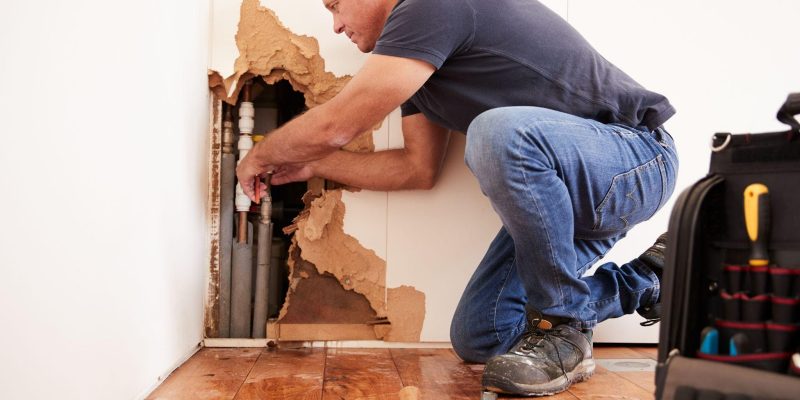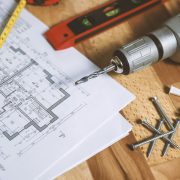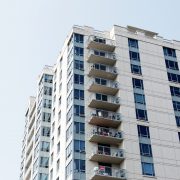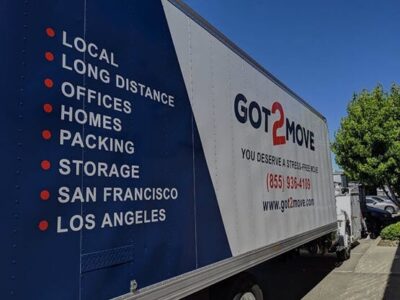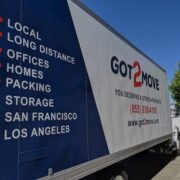Landlords often inform tenants that it is important that they comply with their responsibilities, which the landlord or property owner outlines in the lease. Equally important is that landlords must comply with their responsibilities for the upkeep of the property, including making prompt repairs and responding quickly to maintenance requests.
Learn how preventative maintenance helps to minimize repair expenses, saves you money, and prevents you from having to answer a magistrate or judge if you fail to make repairs or maintain a rental property. These landlord tips provide you with ways to make sure that your rental properties stay in great shape.
Perform Preventative Maintenance at Your Rental Properties
Performing preventative maintenance is one way to keep rental properties in good condition. Landlords who pretend that they did not read a tenant’s email or who hit the ignore button when they see a tenant’s phone number pop up in their phone are likely to regret doing so later.
Failing to perform preventive maintenance tasks costs you more money, and more time, and may cost you good tenants. Some preventative maintenance duties that save landlords time and money and possible legal issues include:
- Making sure that heating, cooling, plumbing, and electrical systems are in good working order
- Inspecting the roof to check for leaks or other damage
- Performing preventive pest control at all rental units
- Checking smoke detectors and installing batteries
- Making sure that all provided appliances such as stove refrigerator and dishwasher are in good working order
- Making repairs to cracks or holes in walls
- Checking for gas leaks and water leaks
- Cleaning gutters
A landlord must maintain every rental property in habitable condition. FindLaw defines habitable conditions as making sure that the heating works in winter, maintaining plumbing and appliances, keeping common areas habitable, and keeping the property structurally sound. Landlords need to know the preventative and ongoing maintenance requirements in the state where their rental properties are located and comply with those landlord-tenant act requirements.
Tenant Screening is Important to Reduce Repair Costs
Landlords need to conduct proper tenant screening before renting a property. Landlords who meet a rental applicant and make a decision based on how well they seem to get along may later regret failing to perform proper tenant screening.
Checking an applicant’s background through the tenant screening process may reveal that the person has a history of not paying rent has multiple evictions, or that the applicant has a criminal record. Applicants may have a history of leaving previous rental properties in poor condition, which can cost a landlord a lot of money and time to restore the premises to a habitable condition for future tenants. Perform the tenant screening on all adults who will reside at the property.
Do a Walkthrough Inspection with the Tenant
Landlords need to have a Move-In/Move-Out Inspection form that is provided to every tenant upon the tenant signing the lease. Do not simply give the tenant the form and tell them to return it to you if they find anything that needs to be repaired in the apartment or home.
Walk through the property with the tenant so that you can answer any questions that the tenant has and so that you can both agree to the condition of the premises when the tenant rents the property and when they vacate it.
Both you and the tenant need to sign the form at the move-in inspection and move-out inspection times. Tenants who realize that you know the condition of the property may be less likely to neglect the property or cause intentional damages.
Perform Regular Maintenance Inspections
Landlords may perform periodic exterior and interior inspections of their rental properties. You must comply with landlord-tenant laws regarding when landlords are permitted to enter a property. A landlord who violates the rules for entering the premises may find themselves answering for their actions in court.
Most states require that landlords provide a notice to every tenant that gives them a minimum of a 24-hour notice that the landlord needs to enter the property and the reason for coming onto the property.
You are not allowed to violate your access to the property. Landlords should not need to inspect their rental property every week and do not need to sit outside the property in their vehicle, watching the property.
Landlords can note any lease violations and address them with the tenant. Repeated or flagrant lease violations that affect the safety of residents or the condition of the premises may be addressed with a lease violation notice.
Doing periodic inspections saves you time and money because you can stay aware of any needs for repair.
Promptly Address Maintenance Requests from Tenants
Promptly addressing requests for maintenance from tenants demonstrates that you understand your responsibility to make repairs within a reasonable time. It also prevents potentially minor issues from becoming major, more costly issues.
Make sure that tenants understand how to submit a maintenance request. Many property managers have a link on their website or require tenants to email or call the landlord.
Make sure that you have a reputable maintenance team if you do not make the repairs yourself. It is your responsibility to make sure that any maintenance person answering a maintenance request is qualified to make the repairs.
Landlords are responsible for normal wear and tear repairs to the property and for major repairs not caused by their tenant. Even if the tenant causes major damage, make the repair. Landlord-tenant laws will likely allow you to charge the tenant, such as including the repair costs with their next rental payment.
Hire a Professional
Landlords may feel obligated to hire their neighbor or friend to make repairs. It will save money, right? It will not save you any money but may cost you a great deal more money if that friend or neighbor is not properly certified, licensed, or qualified to make the repairs.
Everyone who picks up a paintbrush is not a qualified painter. Everyone who knows how to locate the water shutoff is not a plumber. Know when to hire a professional instead of people who do not have the skills or qualifications to make the repairs needed at your rental properties. You also need to know when to swallow your own DIY pride and call a professional. It will save you time and money and protect your investment.


